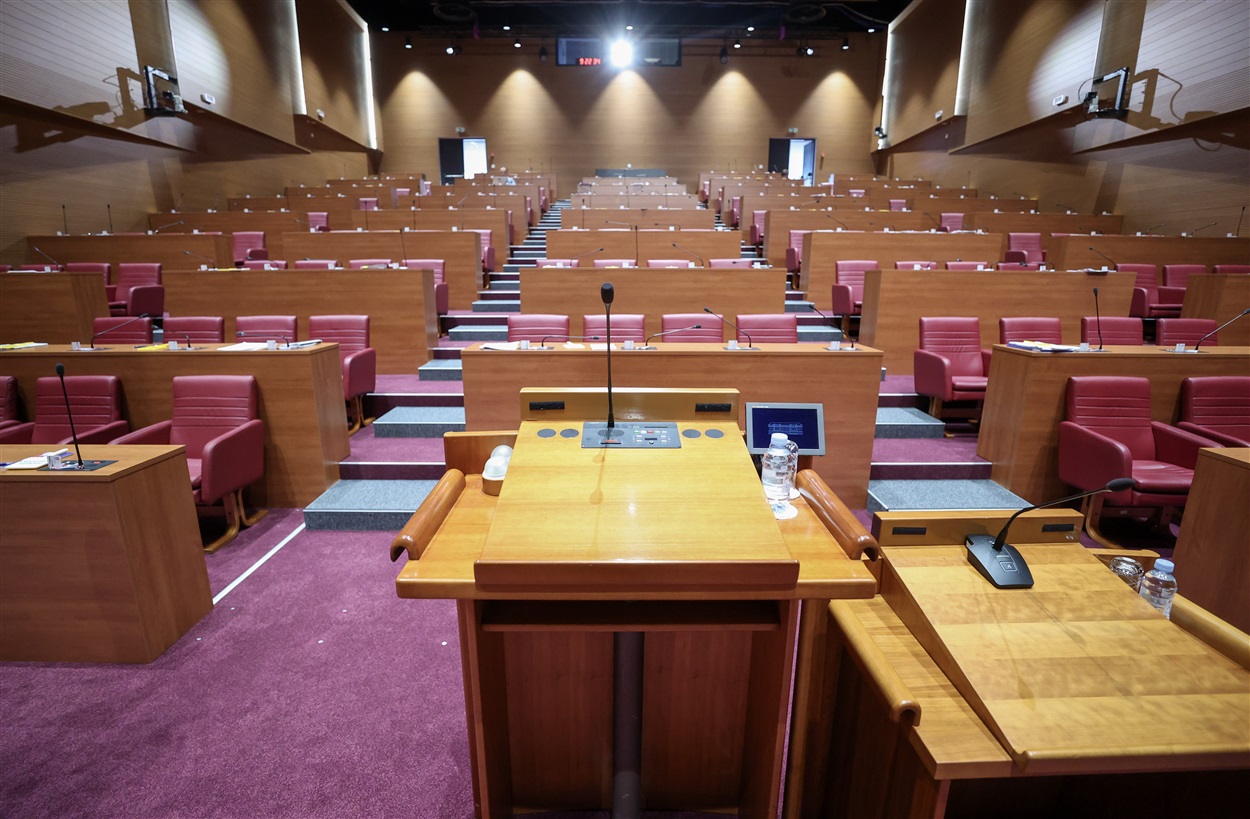
Zagreb - After a two-week break due to local elections, MPs will return to their seats on Tuesday for a one-week session during which they will debate seven bills.
On Tuesday's agenda is a pension insurance bill whose key innovation is the introduction of an annual pension supplement.
Although commonly referred to as the “13th pension,” it will not amount to a full monthly pension but will instead depend on the number of years of service. The government will determine the amount of the annual supplement in October, with the decision and payment due in December, Labour, Pension System, Family and Social Policy Minister Marin Piletić has said.
Additionally, the bill introduces a new, more favourable pension indexation formula, to be applied twice a year, using an 85:15 ratio in favour of wage growth. For each child, mothers will now receive 12 months of credited service instead of the current six months. The bill also redefines the bonus for delayed retirement.
The minimum pension will be increased by approximately 3%, disability pensions by 10%, the penalty for early retirement at the age of 70 will be abolished, and pensioners who take up employment after the age of 65 will be allowed to work full-time while receiving 50% of their pension.
Craftspeople and self-employed individuals will be allowed to earn a pension amounting to 50% without having to stop working. Disability pension recipients will be permitted to work up to three and a half hours a day, and mandatory medical reviews will be abolished.
The income threshold for family pensions will also be raised, and rules regarding the recalculation of pensions after gaining additional years of service will be made more flexible.
The Pension Insurance Act is expected to come into force on 1 July.
Final text of Critical Infrastructure Act on agenda
On Wednesday, the final text of the Critical Infrastructure Act will be discussed, as well as the first reading of amendments to the law on the comparability of fees, switching of payment accounts and access to a basic payment account.
The aim of the latter is to ensure that all citizens, particularly pensioners and vulnerable groups, have access to basic financial services without additional costs. This means that banks will no longer be allowed to charge fees for basic services if the user receives a salary, pension or other regular income into that account.
Free services will include opening, maintaining and closing the account, use of internet or mobile banking, depositing and withdrawing cash in banks and at ATMs, receiving payments in euros from within Croatia or abroad, issuance and use of a debit card, and card payments in shops. Pensioners and vulnerable groups will be able to withdraw cash free of charge both at banks and ATMs.
On Thursday, MPs will express their opinions on a bill on accessibility requirements for products and services, which transposes the relevant EU directive into national legislation, and on amendments to the law on textbooks and other educational materials for primary and secondary schools. These amendments address the definition of the maximum permitted price of textbooks by modifying the calculation factors.
Ratification of double taxation avoidance treaties with S. Arabia, and and with Liechtenstein
The working week in parliament will conclude with a debate on the ratification of two agreements on the avoidance of double taxation and the prevention of tax evasion - between Croatia and Saudi Arabia, and between Croatia and Liechtenstein.
There will be no plenary session next week ahead of the second round of local elections. From 2 June to 15 July, parliament will resume regular sessions.